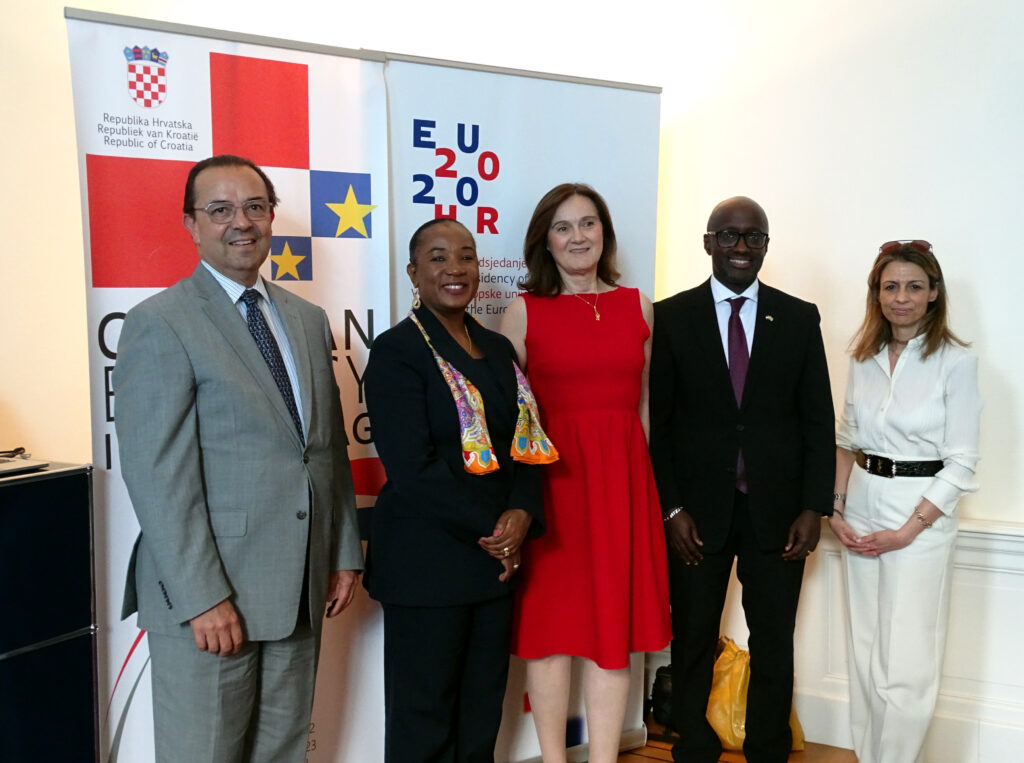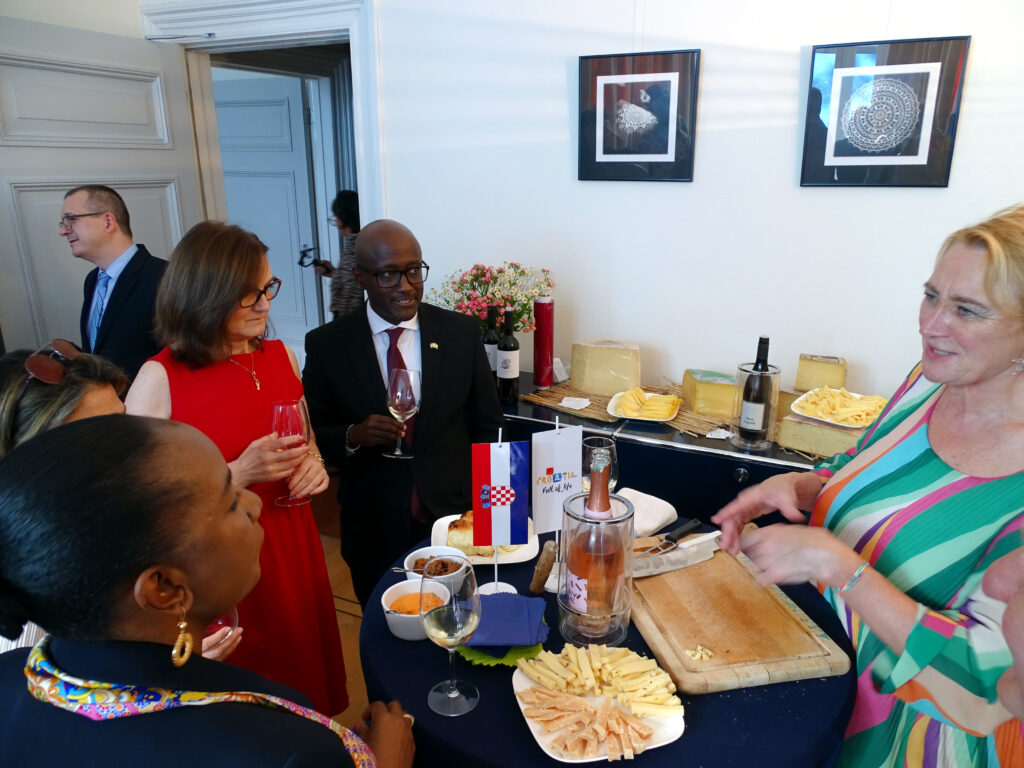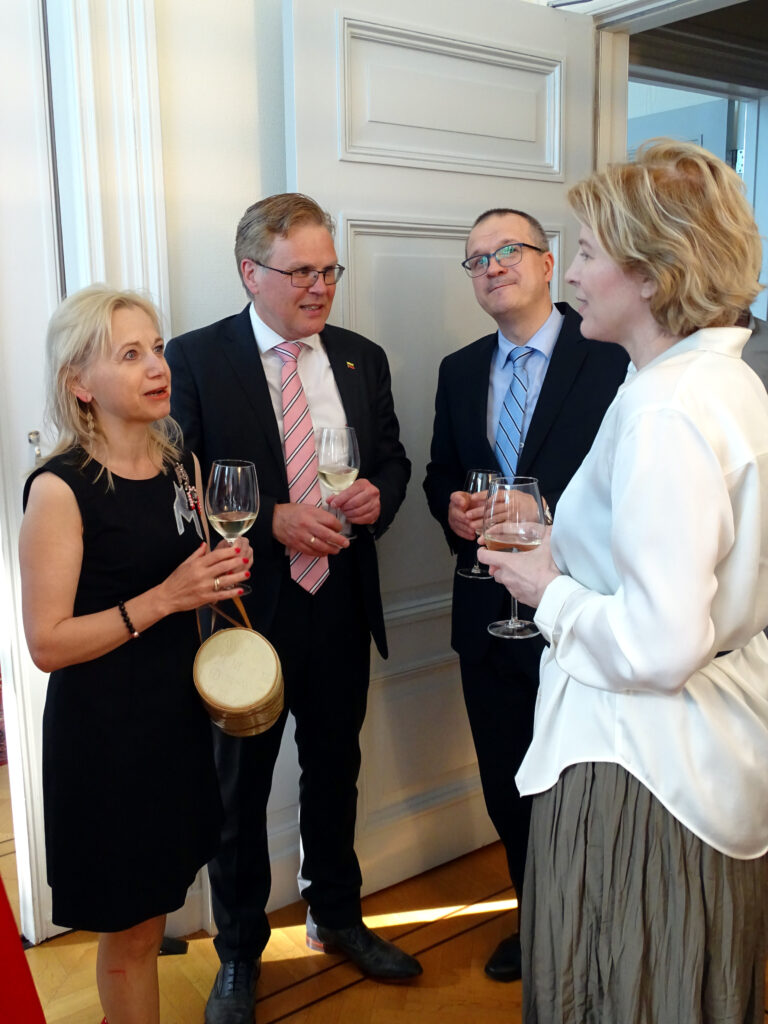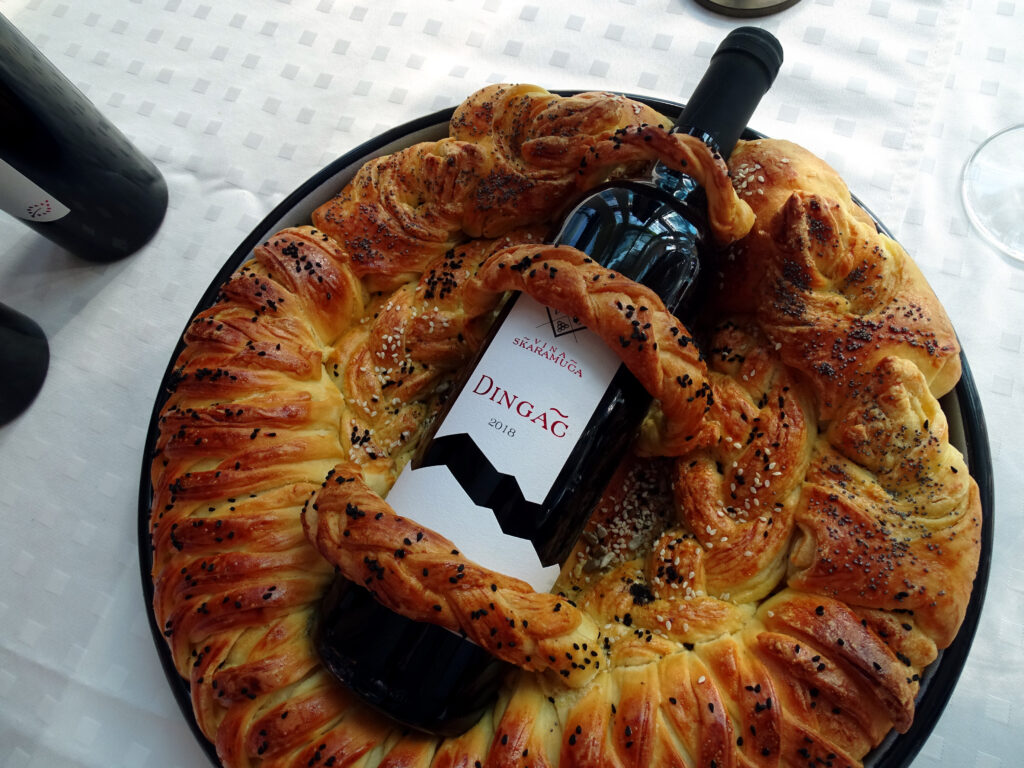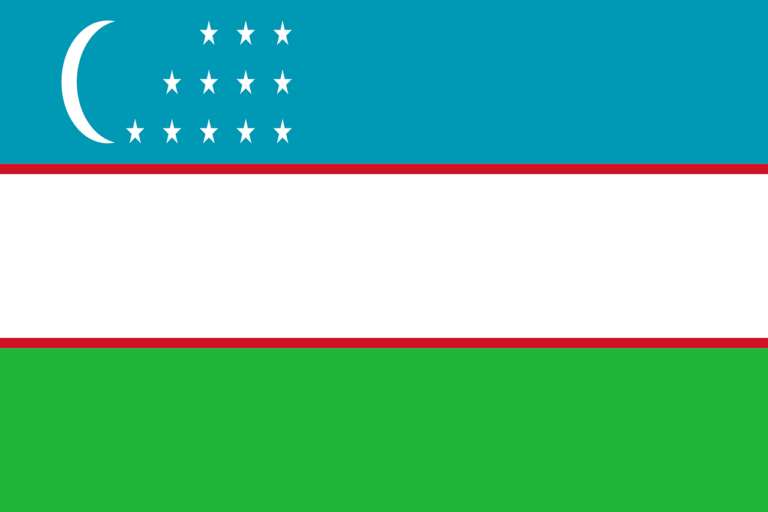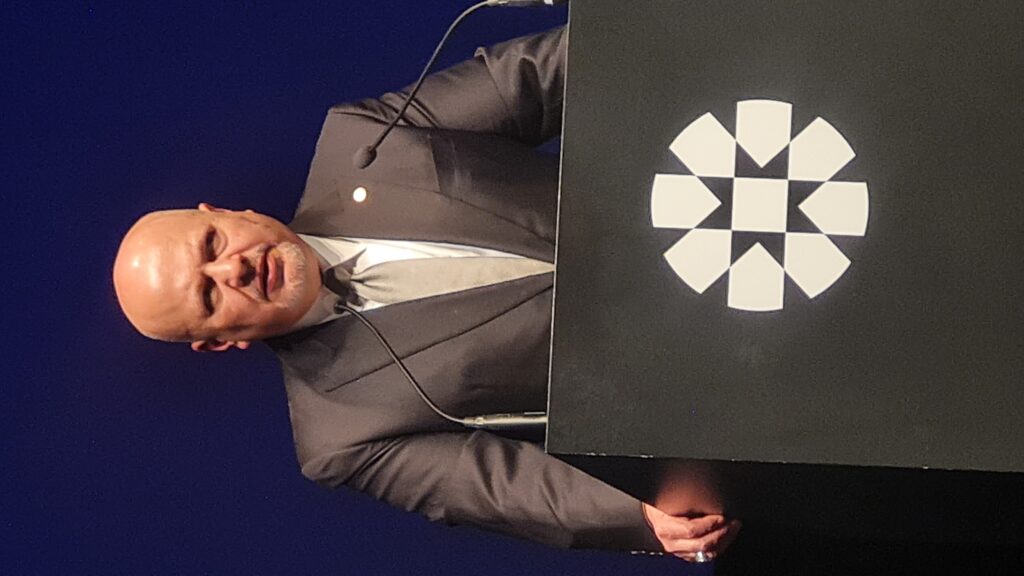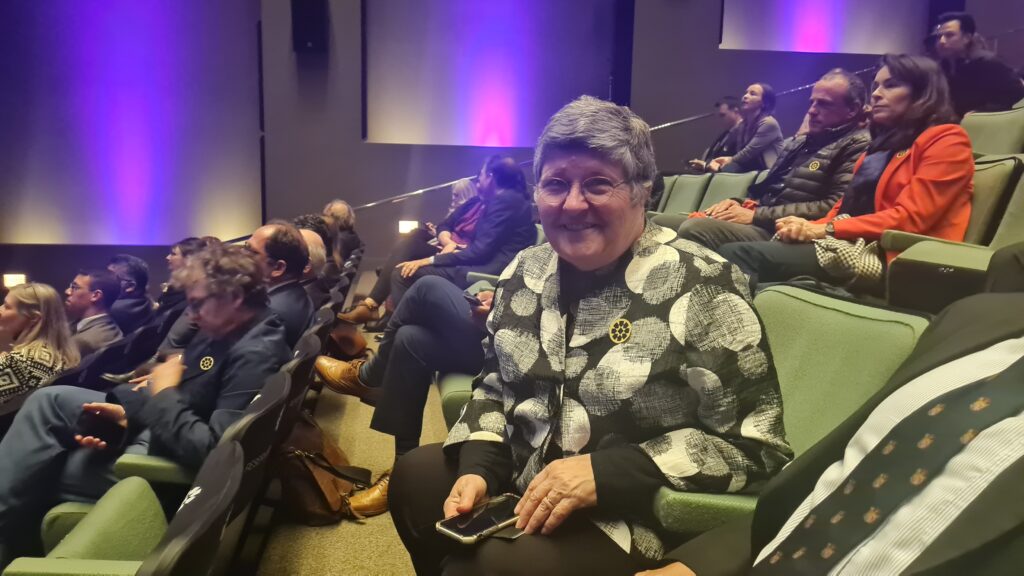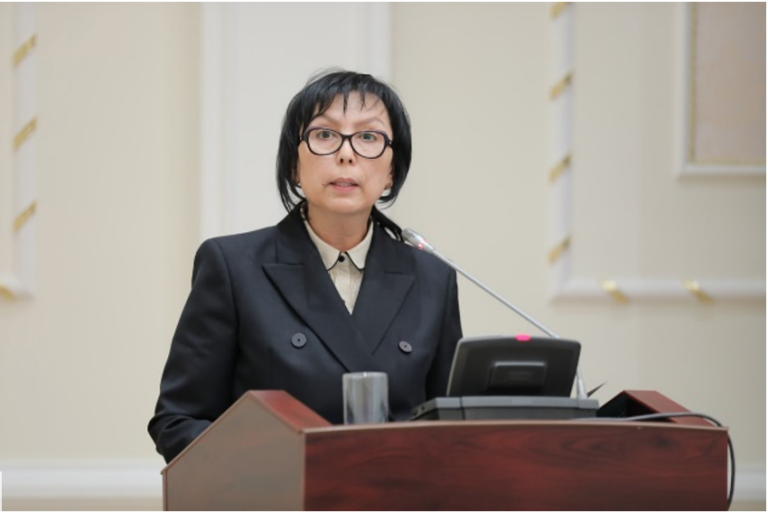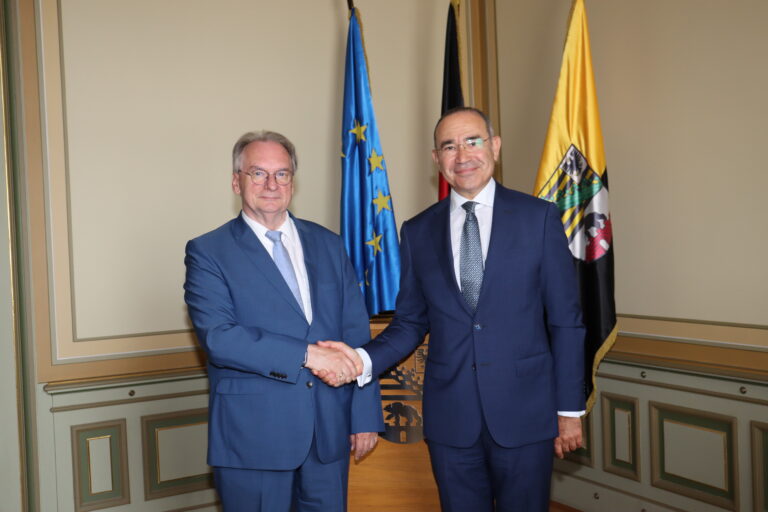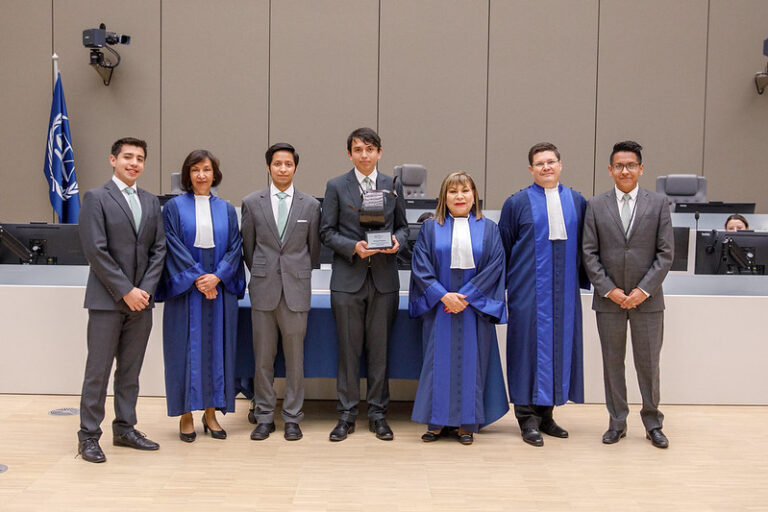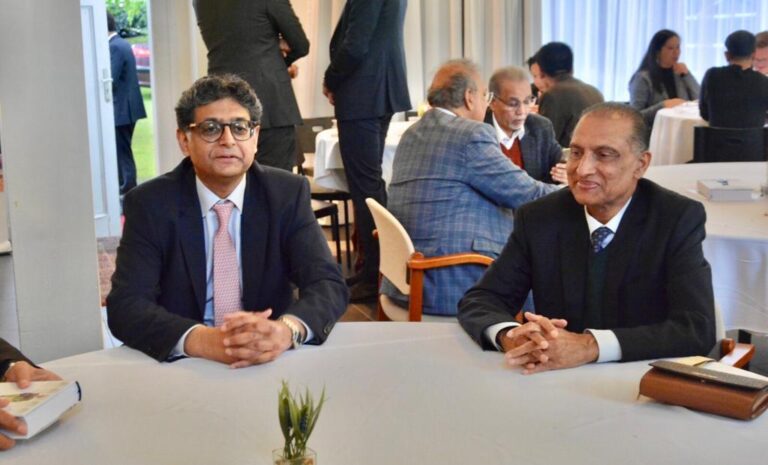By Gulnoza Rakhimova
The participation of international organizations and foreign observers in elections is essential for the open and transparent conduct of democratic elections. At the same time, international election observation helps ensure the implementation of citizens’ electoral rights, promotes bilateral exchange of knowledge and information on the practice of the electoral process, and serves as a basis for building strong international relations.
By developing its electoral system, Uzbekistan ensures and protects the constitutional electoral rights and freedoms of its citizens and voters while being open to international observation, not only in national elections but also in referendums. In this way, our country implements the universally recognized principles and norms of international law in the field of democratic elections and ensures and protects the electoral rights and freedoms of participants in the electoral process.
The dynamics of international election observation in Uzbekistan show that the participation of foreign (international) observers has increased in recent years.
Taking the elections of the President of the Republic of Uzbekistan as an example, these indicators are as follows: 296 foreign observers participated in the 2015 elections, 555 in the 2016 elections, and 971 in the 2021 elections.
So the elections in Uzbekistan are taking place against a backdrop of radical change and democratic reform, a new political environment is emerging, and the international community is paying increasing attention to these changes.
International standards and national legal framework for international observation
To date, Uzbekistan, as a full-fledged subject of international relations, has joined more than 80 international human rights instruments that cover universally recognized principles and norms of international law.
Based on the implementation of international obligations of the state and international electoral standards, contained in the documents of such leading international organizations as the UN, OSCE, Council of Europe, Inter-Parliamentary Union, etc., the national electoral system of Uzbekistan has been formed, the legal regulation of the conduct of elections and the organization of international monitoring of them is carried out.
Among them are the Universal Declaration of Human Rights, the International Covenant on Civil and Political Rights, the International Convention on the Elimination of All Forms of Racial Discrimination, the Convention on the Elimination of All Forms of Discrimination against Women (CEDAW), the Convention on the Political Rights of Women, the UN Declaration on the Principles of International Surveillance for Elections, Document of the Copenhagen Meeting of the Conference on the Human Dimension of the CSCE, Declaration on the Criteria for Free and Fair Elections, Code of Good Practice in Conducting Elections: Guidelines and Explanatory Report adopted by the Venice Commission in 2002, Declaration of the IPA CIS “On the principles of international monitoring of elections and referendums in the member states of the Commonwealth of Independent States” and a number of other documents.
To date, Uzbekistan, as a full-fledged subject of international relations, has acceded to more than 80 international human rights instruments, which include universally recognized principles and norms of international law.
On the basis of implementation of international obligations of the state and international electoral standards contained in the documents of leading international organizations such as UN, OSCE, Council of Europe, Inter-Parliamentary Union, etc., the national electoral system of Uzbekistan was created, the conduct of elections was regulated by law, and international election observation was organized.
These include the Universal Declaration of Human Rights, the International Covenant on Civil and Political Rights, the International Convention on the Elimination of All Forms of Racial Discrimination, the Convention on the Elimination of All Forms of Discrimination against Women (CEDAW), the Convention on the Political Rights of Women, the UN Declaration of Principles for International Election Observation, the Document of the Copenhagen Meeting of the Conference on the Human Dimension of the CSCE, the Declaration on the Criteria for Free and Fair Elections, Code of Good Practice in Conducting Elections: Guidelines and Explanatory Report adopted by the Venice Commission in 2002, IPA CIS Declaration of Principles for International Election and Referendum Observation in the Member Nations of the Commonwealth of Independent States and a number of other documents.
The new edition of the Constitution of the Republic of Uzbekistan recognizes the primacy of the generally recognized norms of international law. Taking into account the international legal acts in the sphere of regulation of the institution of international observation, the activity of international (foreign) observers is regulated by the national legislation within a framework that does not contradict the international legal acts, and we have a fairly well-developed practice of inviting international observers.
The legal regulation of the status of international observers in the elections in Uzbekistan, including the accreditation procedure, the list of rights, obligations and restrictions of international observers, is governed by the Election Code and the Regulations of the CEC on observers from foreign states and international organizations participating in the elections in the Republic of Uzbekistan.
The Election Code specifically provides that observers from other countries and international organizations may participate in all activities related to the preparation and conduct of the elections, as well as in polling stations and in the counting of votes on election day. The regulation of the Central Election Commission shall specify in detail the procedure for the participation of observers from foreign countries and international organizations in the elections.
Uzbekistan actively participates in the activities of international organizations and constructively cooperates in the implementation of international electoral standards. These include international organizations such as the United Nations (UN), the Office for Democratic Institutions and Human Rights of the Organization for Security and Cooperation in Europe (OSCE/ODIHR), the OSCE Parliamentary Assembly, the European Parliament, the Commonwealth of Independent States (CIS), the Interparliamentary Assembly of Member Nations of the Commonwealth of Independent States (IPA CIS), the Organization of Islamic Cooperation (OIC), the Shanghai Cooperation Organization (SCO), and the Organization of Turkic States (OTS).
The Central Election Commission of Uzbekistan has also been a member of the Association of World Election Bodies (A-WEB) since 2013 and the Association of Asian Election Authorities (AAEA) since 2014, and actively cooperates on election issues with international organizations such as the OSCE/ODIHR, the International Institute for Monitoring Democracy Development, Parliamentarianism and Suffrage Protection of Citizens of IPA CIS Member Nations (IPA CIS IIMDD), the International Foundation for Electoral Systems (IFES), the OSCE Project Coordinator in Uzbekistan, and UNDP.
According to the common practice of international election observation in Uzbekistan, the invited international (foreign) observers can be conditionally divided into three groups.
The first group is observers from international and intergovernmental organizations that conduct international monitoring of international documents, including those with varying international legal force. These include international organizations such as the OSCE ODIHR, the OSCE Parliamentary Assembly, the European Parliament, the CIS, the CIS Inter-Parliamentary Assembly, the SCO, the OIC, the OTS, and the Parliamentary Assembly of Turkic Speaking Countries.
The second group of invited international observers are specialized bodies and organizations, including international organizations that do not have the status of an intergovernmental organization and whose main objectives of international observation of elections and referendums are specified in their statutes or regulations.
Here, we are primarily concerned with national electoral bodies (commissions), which, in accordance with national legislation on elections and referendums, are professionally involved in the organization of elections and referendums, and with other bodies whose functions include the implementation of electoral procedures (national ministries), as well as with associations and organizations professionally concerned with scientific and practical issues of national elections and referendums: The Hague Conference on International Law, the Association of World Election Bodies, the Association of Asian Election Authorities, the International Institute for Monitoring Democracy Development, Parliamentarianism and Suffrage Protection of Citizens of IPA CIS Member Nations (IPA CIS IIMDD), the International Foundation for Electoral Systems, etc.
The third group of international observers consists of electoral law experts, lawyers, human rights activists and political scientists, scholars and researchers who are invited by Uzbekistan as foreign observers and observe the elections in their professional interest.
Accreditation of international observers
After announcing the start of the election campaign, the CEC, through the Ministry of Foreign Affairs, sends invitations to the electoral bodies of foreign states and international organizations, which must submit a response to this proposal and related documents at least ten days before voting day.
The Ministry of Foreign Affairs shall submit to the CEC a proposal with the attached documents of the observers from the foreign states and international organizations concerned. The CEC shall adopt a resolution on accreditation within five days. The list of accredited international observers is published on the official website of the CEC.
At the same time, in accordance with our legislation, accreditation is denied if the documents submitted for accreditation do not meet the requirements, if the documents are not submitted in time, if the activities of an international observer or the organizations that nominated him/her are contrary to national legislation or endanger the sovereignty, security and national interests of the Republic of Uzbekistan.
The CEC shall issue a mandate to an accredited international observer, which shall be the basis for the activities of the international observers during the period of preparation and conduct of the elections.
Rights and obligations of international observers
In the electoral practice of Uzbekistan, a model of a certain legal status of international observers has emerged, in which the rights and obligations of international observers are established by the state through a legally binding act, ensuring a uniform practice of creating conditions for their activity.
Moreover, the Election Code stipulates that a foreign (international) observer shall have the same rights as an internal observer.
The international observer shall have the right to:
- attend meetings of election commissions;
- attend nomination meetings, meetings of candidates with voters;
- be present at the polling station, observe the progress of the preparatory work, the setting up of the booths or rooms for the secret ballot and the sealing of the ballot boxes, the registration of the voters, the distribution of the ballots to them;
- observe the voting process on election day;
- be informed of the place and time of early voting and observe this process;
- monitor the casting of votes at the voter’s place of residence with the voter’s consent;
- be present at the counting of votes and the preparation of the Protocol of the Election Commission;
- request and receive copies of the documents on the elections results certified by the competent Election Commission;
- conduct election observation accompanied by a personally hired interpreter;
- take photographs, video and audio recordings without violating the electoral process and the secrecy of the ballot (except in detention and prison facilities, military units and medical facilities);
- inform media representatives about the results of the observation;
- wear badges that do not contain any signs of pre-election campaigning and that indicate their surname, first name and patronymic, as well as the name of the organization they represent;
- be present at the receipt of Protocols of the District Election Commissions on the results of the vote count and at the determination of the results of the elections in the district;
- inform the competent Precinct Election Commission in accordance with the established procedure, at least three days before arriving at the polling stations established in military units, places of detention and deprivation of liberty;
- report their observations to the members of the Precinct Election Commission without interfering with their work, and inform the higher-level election commissions if there are grounds for believing that violations of the provisions of electoral legislation and international standards have been committed at the polling station in question;
- publicly express their opinion on the electoral legislation and the preparation and conduct of the elections.
These powers of international observers are consistent with international standards.
Through these numerous rights and freedoms, international observers gather information for an objective assessment of the conduct of electoral processes, examine electoral legislation and practices, and evaluate the activities of election commissions.
In order to prevent direct or indirect interference in internal political processes, which, according to all international documents, belong to the internal affairs of the state and must be protected from any illegal external interference, the law also provides for certain restrictions/prohibitions that international observers must observe when exercising their powers.
The observer shall have the following obligations:
- observe in their activities the Constitution, the laws of the Republic of Uzbekistan, including the rules of stay in Uzbekistan, as well as the generally recognized norms of international law on the organization and conduct of elections;
- fulfill their obligations to conduct international election observation in accordance with the principles of impartiality and political neutrality, and refuse to express any preferences to election commissions, state bodies, officials and election participants;
- when visiting election commissions at all levels, state bodies and administrations and other organizations, present the credentials issued by the Central Election Commission together with an identification document;
- substantiate their findings with observation and factual materials
The observer shall be prohibited from the following:
- being in the voting booth or room when the voter makes his/her marks on the ballot paper;
- influencing voters, distributing any campaign materials or literature;
- asking voters how they voted, or providing them with any assistance in making marks on the ballot papers;
- interfering in the activities of the Precinct Referendum Commission, including when sealing ballot boxes, opening them, and counting votes.
- wear symbolic signs of any party or candidate;
- announce the results of public opinion polls, election forecasts, and other election-related research on election day and the day before voting begins.
The participation of international observers in events and processes not related to the preparation and conduct of elections requires the prior approval of the CEC.
Improving the national legal framework for holding elections
In accordance with the established practice of international election observation in Uzbekistan, the published results, conclusions, findings and recommendations based on the results of election observation do not go unnoticed and form the basis for further improvement of the national legal framework for conducting elections and its practice.
Taking the example of active cooperation with the OSCE/ODIHR, whose missions have been invited to observe elections since 1999 (parliamentary elections: 2004, 2009, 2014, 2019; presidential elections: 2007, 2015, 2016, 2021, Constitutional Referendum 2023), under the coordination of the Central Election Commission and with the involvement of all stakeholders in the electoral process, experts and specialists, representatives of political parties, civil society institutions, academics and practitioners, consistent work is being done to further improve electoral legislation and practice based on the final reports of the Election Observation Missions on the results of observation of the parliamentary and presidential elections.
In recent years, Uzbekistan has gradually implemented a number of ODIHR recommendations on election observation. This is clearly demonstrated by indicators such as the adoption of the Election Code, the introduction of information and communication technologies in the electoral process, the ratification of the Convention on the Rights of Persons with Disabilities (New York, December 13, 2006), and a number of other innovations.
For example, the implementation of a recommendation from one of the last ODIHR EOM reports on Uzbekistan to review the limitation of the right to vote based on legal capacity in accordance with international obligations.
First of all, our country ratified the UN Convention on the Rights of Persons with Disabilities in July 2021.The next step was to consolidate at the constitutional level the possession of persons with disabilities of legal capacity in elections on an equal basis with others.
The new version of the Constitution of the Republic of Uzbekistan provides in Article 128 that citizens who have been declared legally incapable by the court, as well as persons who have been imprisoned on the basis of a court judgment for grave and particularly grave crimes, may be deprived of the right to participate in elections only in accordance with the law and on the basis of a court decision. In all other cases, direct or indirect restriction of citizens’ right to vote shall not be permitted.
Later, this constitutional norm was incorporated into electoral legislation. Thus, on May 6, the Constitutional Law of the Republic of Uzbekistan “On Amendments and Additions to Certain Laws of the Republic of Uzbekistan” was adopted, according to which the corresponding articles of the Law “On Referendum of the Republic of Uzbekistan” and the Election Code were included in the new version. It is established that legally incapable persons can be deprived of the right to vote only by a court decision.
This norm will serve as a constitutional guarantee for the exclusion of circumstances in which a person could be deprived of the right to recognition of his legal personality or this right could be restricted.
Thus, the international legal framework for the activities of international observers is primarily regulated by international legal acts, the application of which is carried out within the framework of national legislation on elections and referendums. This practice is fully consistent with the international obligations of our country to participate in the elections of international organizations and observers of foreign states.
In this regard, in preparation for the early elections of the President of the Republic of Uzbekistan, which will be held on July 9 this year, the Central Election Commission has sent invitations to international organizations and electoral bodies of foreign states. Participation of international observers in the forthcoming elections in Uzbekistan will serve to conduct this most important political event in the life of our people and our country openly and transparently on the basis of universally recognized democratic principles.
About the author:
Gulnoza Rakhimova, the permanent member of the Central Election Commission.
